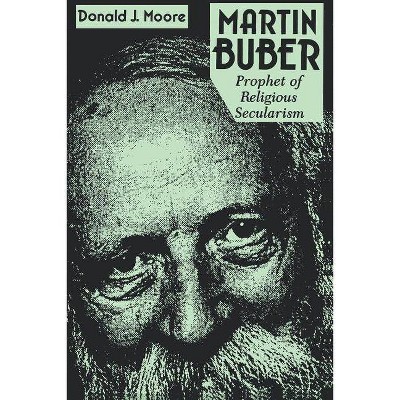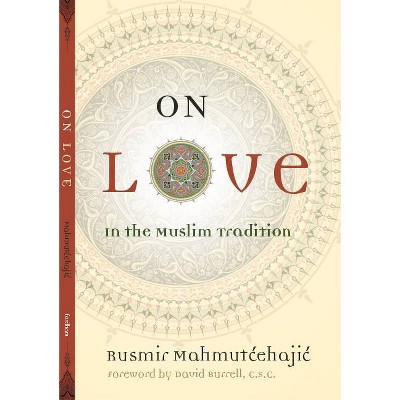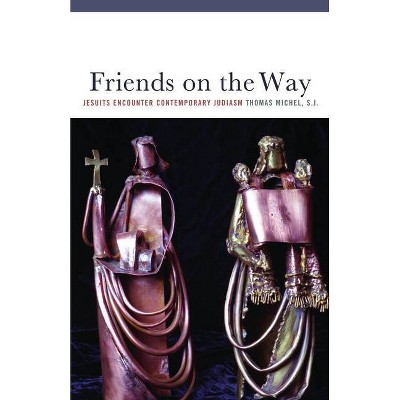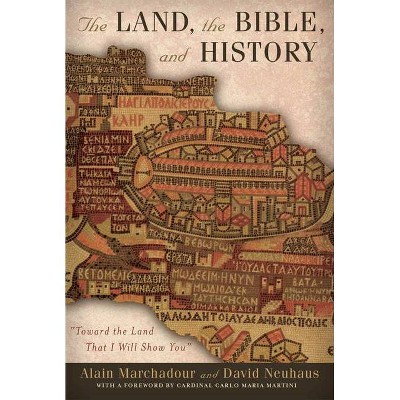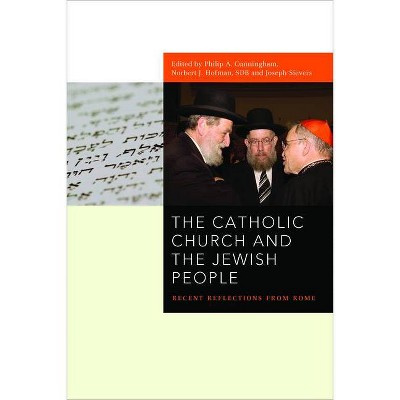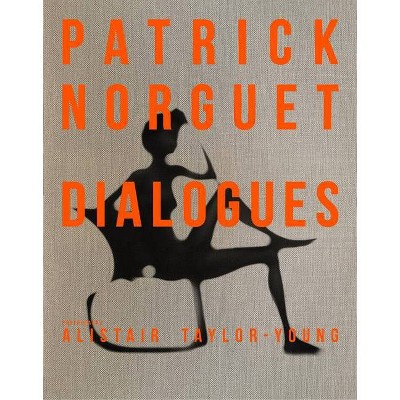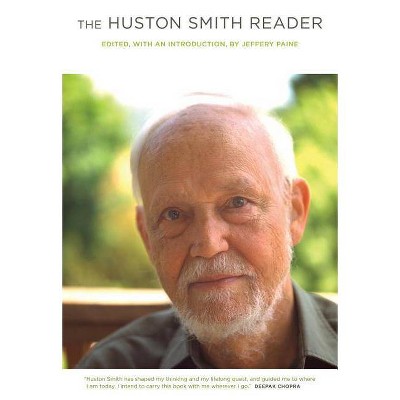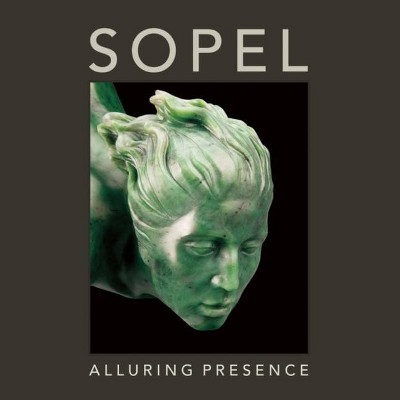Martin Buber's Journey to Presence - (Abrahamic Dialogues) by Phil Huston (Hardcover)
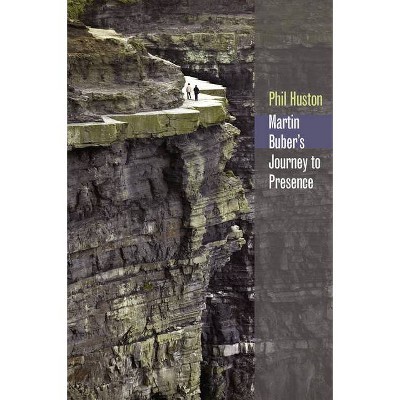
Similar Products
Products of same category from the store
AllProduct info
<p/><br></br><p><b> About the Book </b></p></br></br>What does Martin Buber mean, in I and Thou, by the claim that the one thing that matters is full acceptance of presence? An attempt to answer this question led the author on a journey of exploration through Buber's early writings, to reach a clarification of Buber's predialogical concept of God. She examines Buber's first major philosophical work: Daniel: Dialogues in Realization, drawing attention to inaccuracies in the available English translation. Buber's desire for presence, she finds, began with an overwhelming experience of absence. His search is for a presence that will not let him down, that will not be a "mis-encounter"-- that is, for a presence that will ensure that there is meaning.This book will be an invaluable text for the student looking for a readable guide to Buber's early writings. It will help readers to understand the rich depth and many layers of thought in Buber's masterpiece, I and Thou, and to appreciate the radical change that took place in Buber's concept of God prior to its publication in 1923.<p/><br></br><p><b> Book Synopsis </b></p></br></br><p>What does Martin Buber mean, in <i>I and Thou</i>, by the claim that the one thing that matters is full acceptance of presence? An attempt to answer this question led the author on a journey of exploration through Buber's early writings, to reach a clarification of Buber's predialogical concept of God. She examines Buber's first major philosophical work: <i>Daniel: Dialogues in Realization</i>, drawing attention to inaccuracies in the available English translation. Buber's desire for presence, she finds, began with an overwhelming experience of absence. His search is for a presence that will not let him down, that will not be a mis-encounter--that is, for a presence that will ensure that there is meaning. <p/>This book will be an invaluable text for the student looking for a readable guide to Buber's early writings. It will help readers to understand the rich depth and many layers of thought in Buber's masterpiece, <i> I and Thou</i>, and to appreciate the radical change that took place in Buber's concept of God prior to its publication in 1923.</p><p/><br></br><p><b> Review Quotes </b></p></br></br><br>Focuses on Buber's 1913 work Daniel: Dialogues in Realization in a study of the philosopher and theologian's idea of presence.-- "--The Chronicle of Higher Education"<br><br>This is a thoughtful study of Martin Buber's early philosophical work.-- "--Choice"<br><br>A rare insight into Martin Buber's personal struggle with the question: 'What sort of a God do I believe in?'<b>-----William Mathews, <i>Centre of Philosophy, Milltown Institute</i></b><br><br>An excellent key to unlocking all of Martin Buber's later work.<b>-----Brendan Purcell, <i>University College Dublin</i></b><br><p/><br></br><p><b> About the Author </b></p></br></br><br><strong>PHIL HUSTON</strong> has been a Lecturer in Philosophy at The Milltown Institute for the last ten years. She obtained her doctorate at University College, Dublin.<br>
Price History
Price Archive shows prices from various stores, lets you see history and find the cheapest. There is no actual sale on the website. For all support, inquiry and suggestion messagescommunication@pricearchive.us
